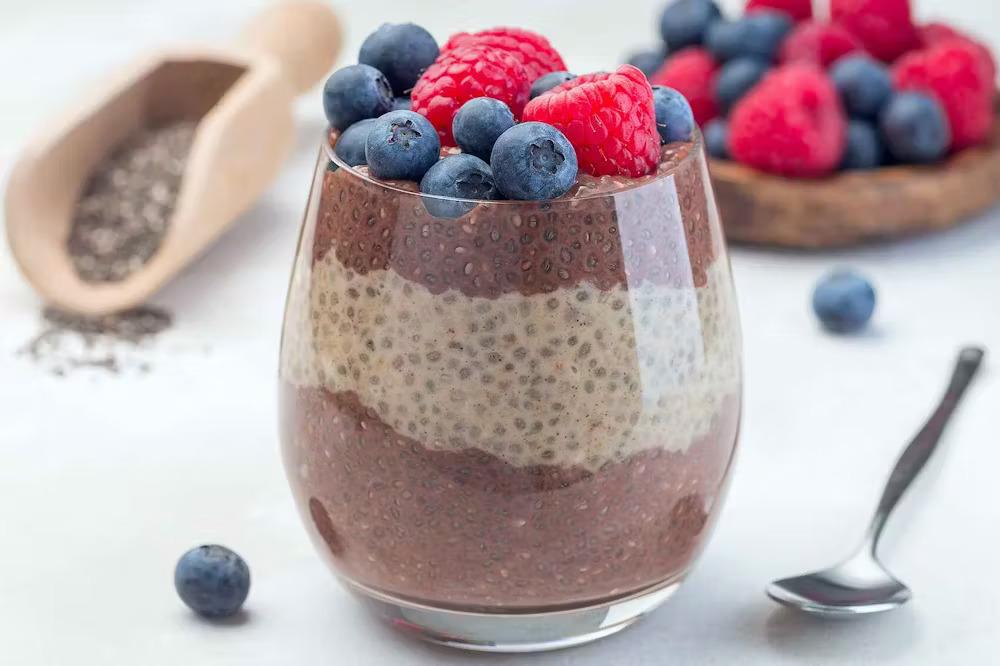In the quest for muscle maintenance and overall health, the role of dietary fats often gets overshadowed by the spotlight on proteins and carbohydrates. However, incorporating healthy fats into your diet is not just beneficial but essential for sustaining muscle mass and optimizing your body’s performance. This guide will walk you through the science behind healthy fats, their impact on muscle maintenance, and practical strategies to seamlessly integrate them into your daily nutrition plan. With the right approach, you’ll harness the power of healthy fats to support your fitness goals and enhance your well-being, confidently stepping into a lifestyle that fuels your body efficiently and effectively.
Understanding the Role of Healthy Fats in Muscle Maintenance
Incorporating healthy fats into your diet is crucial for sustaining muscle mass and optimizing performance. These fats are not just energy sources; they play a vital role in hormone production, including testosterone, which is essential for muscle growth and repair. To make the most of healthy fats, focus on including a variety of sources in your meals. Consider adding the following to your diet:
- Avocados: Packed with monounsaturated fats and fiber, avocados help reduce inflammation and provide lasting energy.
- Nuts and Seeds: Almonds, walnuts, chia seeds, and flaxseeds are rich in omega-3 fatty acids, which support heart health and reduce muscle soreness.
- Olive Oil: Use it as a dressing or cooking oil to benefit from its anti-inflammatory properties and monounsaturated fat content.
- Fatty Fish: Salmon, mackerel, and sardines are excellent sources of omega-3s, which enhance muscle recovery and joint health.
By balancing your intake of these healthy fats, you’ll not only aid muscle maintenance but also enhance overall well-being. Ensure that these fats complement a diet rich in protein and carbohydrates to maximize muscle recovery and growth.
Choosing the Best Sources of Healthy Fats for Optimal Results
When it comes to maintaining muscle mass, incorporating the right types of fats into your diet is crucial. Healthy fats not only provide essential fatty acids but also help in the absorption of fat-soluble vitamins, which are vital for muscle repair and growth. Here are some of the best sources to consider:
- Avocados: Packed with monounsaturated fats, avocados are excellent for reducing inflammation and supporting heart health, both of which are beneficial for muscle maintenance.
- Nuts and Seeds: Almonds, walnuts, chia seeds, and flaxseeds are rich in omega-3 and omega-6 fatty acids. These help in reducing muscle soreness and speeding up recovery.
- Olive Oil: A staple of the Mediterranean diet, olive oil is loaded with antioxidants and has anti-inflammatory properties that support overall muscle health.
- Fatty Fish: Salmon, mackerel, and sardines are excellent sources of omega-3 fatty acids, which have been shown to enhance muscle protein synthesis and prevent muscle breakdown.
- Coconut Oil: Known for its medium-chain triglycerides (MCTs), coconut oil can provide a quick source of energy for workouts, aiding in muscle endurance and strength.
Incorporate these healthy fats strategically into your meals to fuel your workouts and ensure your muscles are receiving the nourishment they need to stay strong and resilient.
Incorporating Healthy Fats into Your Daily Diet Plan
Integrating healthy fats into your daily meals is a strategic way to support muscle maintenance. Not all fats are created equal, and opting for sources rich in omega-3 and monounsaturated fats can significantly enhance your fitness journey. Here are some practical tips to ensure you’re reaping the benefits:
- Avocados: Perfect for a post-workout meal, avocados provide a creamy texture and a dose of heart-healthy monounsaturated fats. Try adding them to your salads or blending them into smoothies for a nutritious boost.
- Nuts and Seeds: A handful of almonds, walnuts, or chia seeds can make a satisfying snack while supplying your body with essential fatty acids. Consider sprinkling them over your yogurt or oatmeal.
- Olive Oil: Swap out your regular cooking oil for olive oil. Its high antioxidant content not only aids in muscle repair but also enhances the flavor of your dishes.
- Fatty Fish: Incorporate salmon, mackerel, or sardines into your weekly meals. These are rich in omega-3 fatty acids, which help reduce muscle inflammation and promote recovery.
Remember, moderation is key. Balance your intake to avoid excess calories, and pair these healthy fats with lean proteins and complex carbohydrates to optimize muscle growth and maintenance. By consciously choosing the right types of fats, you’re not only supporting your muscles but also contributing to overall well-being.
Monitoring and Adjusting Fat Intake for Sustainable Muscle Health
Incorporating healthy fats into your diet is crucial for sustaining muscle health, but it requires careful monitoring and occasional adjustments. Balancing your fat intake involves understanding the types of fats that best support muscle maintenance. Prioritize unsaturated fats, which can be found in foods like avocados, nuts, and olive oil. These fats are not only beneficial for your heart but also play a significant role in reducing inflammation, aiding in recovery after intense workouts.
- Avocados: A rich source of monounsaturated fats, avocados help in muscle repair and growth.
- Nuts and Seeds: Almonds, walnuts, and flaxseeds provide essential omega-3 fatty acids, known for their anti-inflammatory properties.
- Olive Oil: Use it as a dressing or for cooking to benefit from its potent antioxidant content.
To ensure your fat intake aligns with your muscle health goals, regularly assess your diet and make necessary adjustments. If you notice fatigue or prolonged muscle soreness, it might be time to increase your intake of healthy fats. Listening to your body is key; it will often signal when dietary changes are needed to maintain optimal muscle function and overall well-being.




